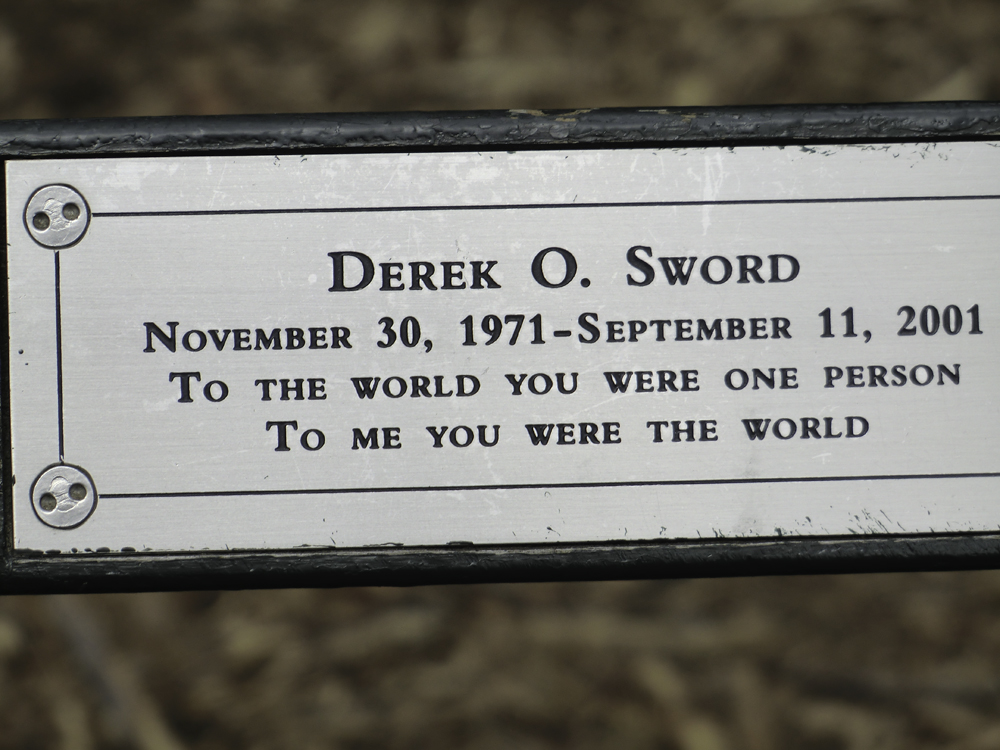Money
Money has been much in the news of late, particularly in Europe, where the Greeks don’t have enough, which is bad, and the Germans worry that if the Greeks abandon the euro and inflate the drachma, they will have too much, which would be worse. Money is a medium of exchange that itself has no intrinsic worth – the paper of a ten-dollar bill is not worth $10. Backed in the past by precious metals, usually gold, the dollar’s value is now based solely on the assurance of one Rosie Rios, who happens to be the United States Treasurer, that it is “legal tender for all debts, public and private.” But money is also a commodity that is bought and sold, and while the government can say whatever it wants, the marketplace will determine its value.
Clearly, money has enabled humans to accumulate goods and wealth in ways we could not otherwise have done. But it has done so, I think, by making possible the concept of “never enough.” If we are hungry – and lucky enough to have food – we eat until we are sated. Likewise, we fill our other needs until we have enough. To go beyond that is to have an addiction.
It is different with money. Because we can’t get enough of it, we are driven relentlessly to get more. The result is that money has become the opposite of wealth, for it has caused us to extract the earth’s bounty and exploit its people in ways that diminish the value of both.

